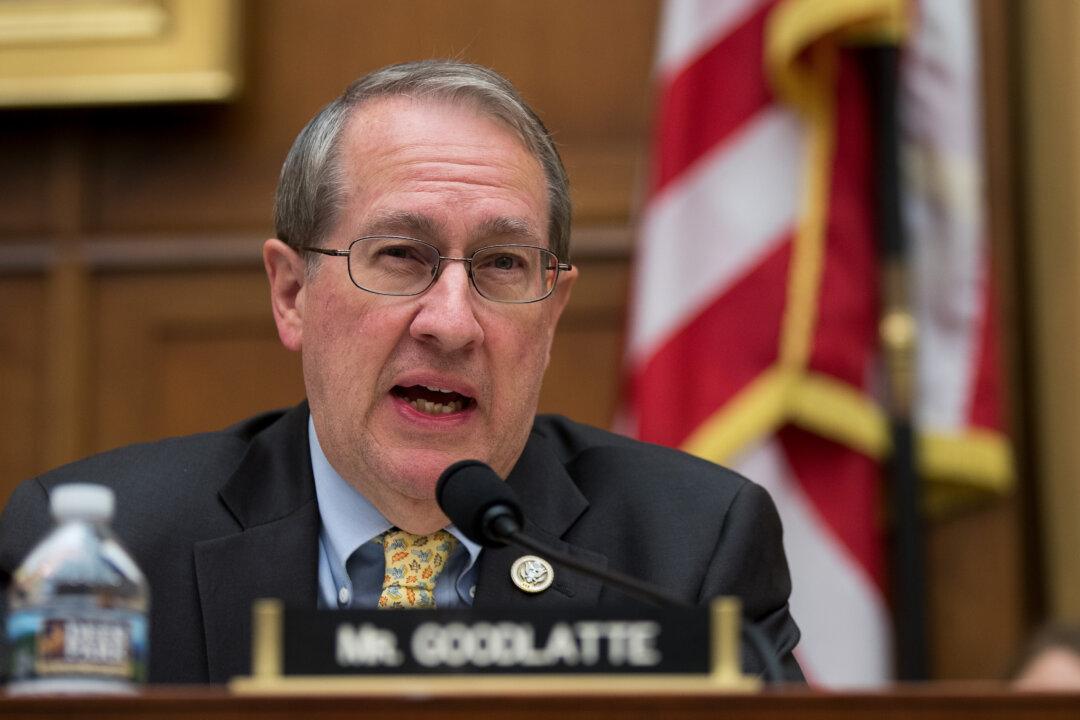U.S. Attorney General Jeff Sessions and lawmakers are targeting the growing problem of unelected federal judges taking it upon themselves to veto presidential actions by issuing nationwide injunctions that reach far beyond the confines of a particular case.
Sessions has released a new directive to federal prosecutors asking them to try to curb these so-called “non-party” injunctions that allow judges to function as lawmakers.





